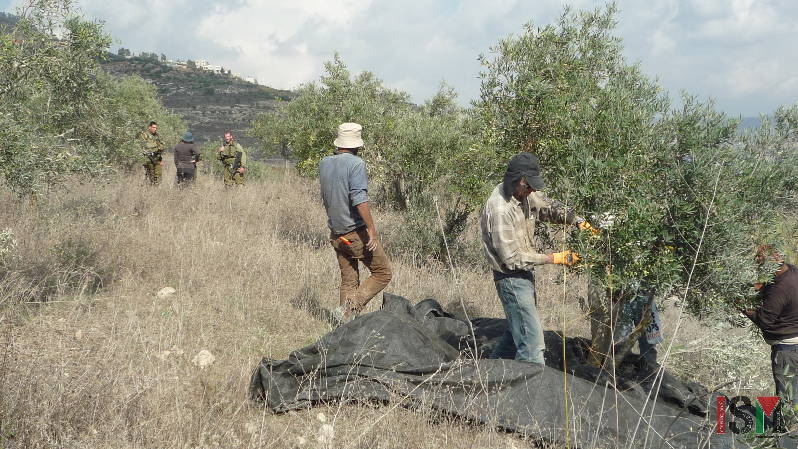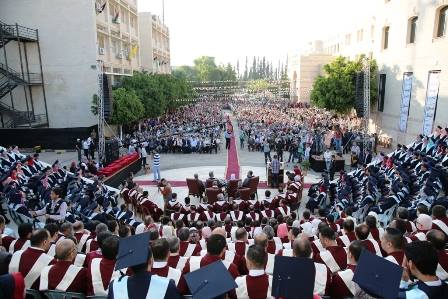Category: Features
-
Israeli army forces farmers and international off their land near Huwarra
November 18th 2015 | International Solidarity Movement, Huwarra Team | Huwarra, occupied Palestine On Wednesday, November 18th, 2015, Israeli forces stopped Palestinian farmers with Meta Peace Team, ISM and Rabbis for Human Rights volunteers claiming that they did not have a valid permit for that day. The group had been picking olives just up the…
-
Al-Kadoorie: the only university in the world with a military training zone inside its campus
November 18th 2015 | International Solidarity Movement, Huwara Team | Tulkarm, occupied Palestine On the 17th of November, in a meeting in the University of Al Kadoorie, in the city of Tulkarm, the institution’s Director of Public Relations, Mr. Azmi Saleh, and a group of students described the recent human rights violations that the Israeli…
-
Palestinians banned from land as Route 60 expands
17th november 2015 | International Solidarity Movement, Huwwara team | Burin, occupied Palestine On monday morning, Mahmoud Yasser Eid, a 22 year-old palestinian from the village of Burin, was stopped by the Israeli forces as he went to pick olives with his mother, near the Huwwara checkpoint. The land, that the family has been harvesting…



